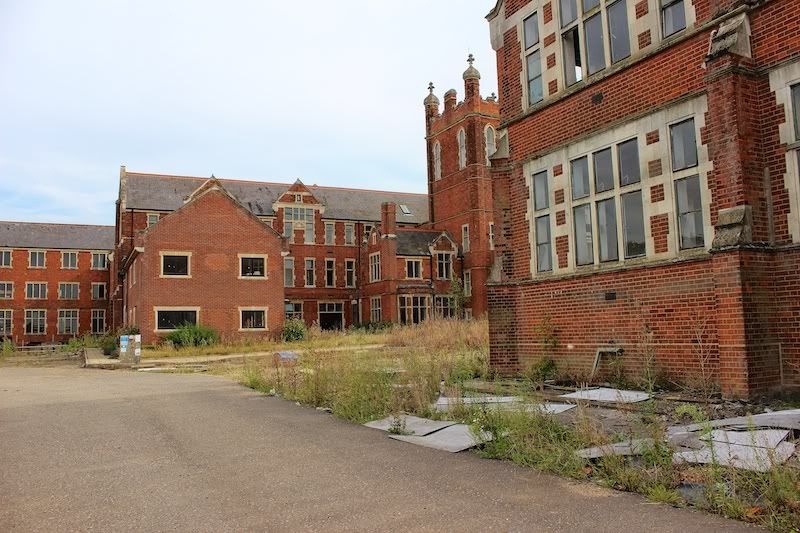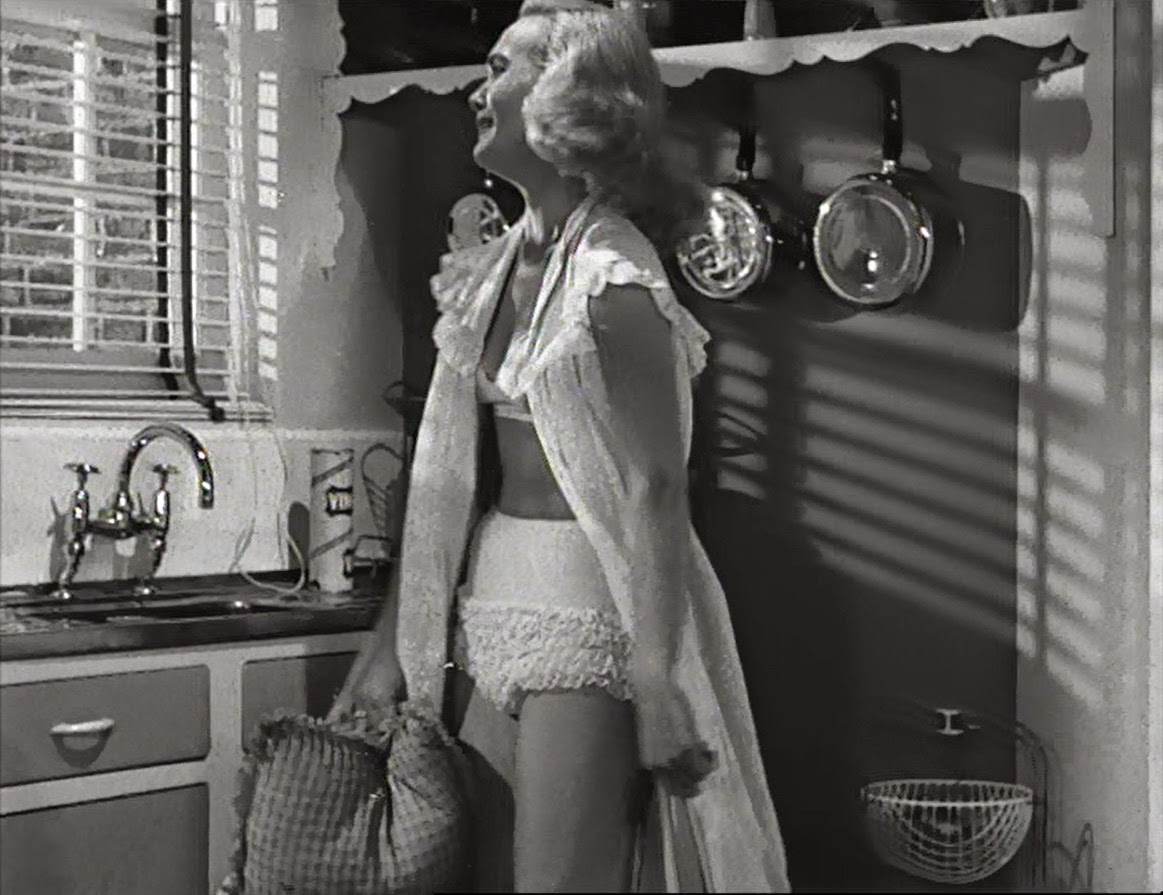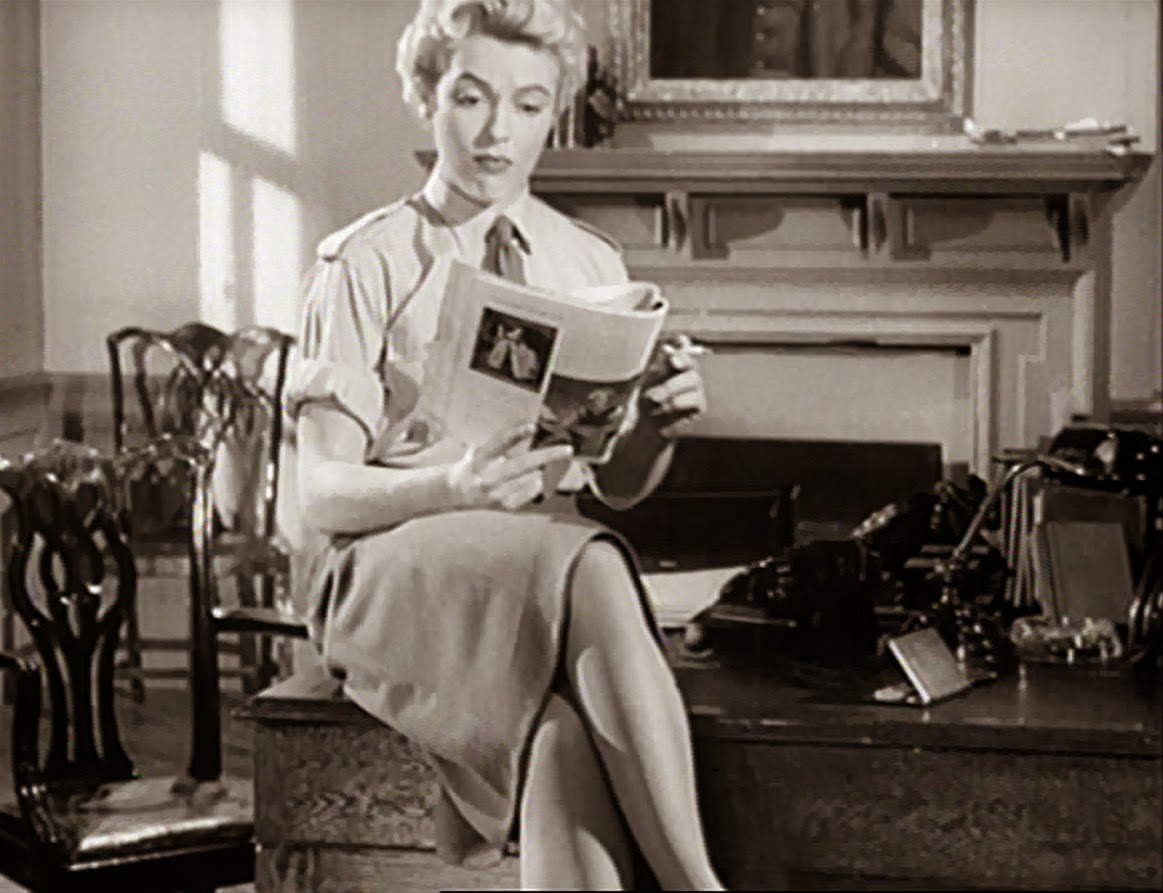It's Great to be Young! (1956)
Here's an odd little film, one that is - quite understandably - somewhat forgotten. From the pen of The Blue Lamp and Dixon of Dock Green creator Ted Willis (later Lord Willis, an interesting career progression for an ex-communist), it's the story of a music teacher Mr Dingle (John Mills) ...
 |
| John Mills |
...who is the school's outsider/rebel figure, who teaches jazz to the school orchestra and challenges the authority of the Headmaster, played by Cecil Parker.
 |
| Cecil Parker |
That's right John Mills is the focus of the rebellious spirit of the pupils. In the year that rock and rock went mainstream, British cinema offers us the 48 year old Mills as the figurehead of musical aspirations of the jazz-loving six formers at a rather grand looking rural grammar school. Blackboard Jungle it ain't!
Yes, the film's youthful cast (or not so youthful in some cases: Dorothy Bromiley was playing a schoolgirl despite being 26 years old and married to Joseph Losey) gets to share the singing, dancing and musical mayhem ...
 |
| Dorothy Bromiley and Jeremy Spenser |
 |
| Brian Smith, Carole Shelley, Dorothy Bromiley and Jeremy Spenser |
... however, it's Mills who remains the musical focus:
Part of the problem is that the film doesn't quite know what it wants to be: is it a weak attempt to reflect youth culture? If so, it's jazz theme was out of sync with the coming of rock and roll. This wouldn't have had the Teddy Boys dancing in the aisles and slashing seats (they'd probably have been too busy sleeping). Or is it an attempt to be a cheerily charming childhood comic caper, a sort of musical Hue and Cry? Even in that it fails. With protracted classical musical performances fighting for space with the jazz numbers, the film seems to uncertain of its audience. And as a comedy it's not particularly funny.
And of course, it has a happy ending:
 |
| John Mills |
 |
| Cecil Parker |
Look out for a young Richard O'Sullivan as a French horn player keen to join the orchestra:
 |
| Richard O'Sullivan |
 |
| Richard O'Sullivan |
And you might also like to see Russell Waters wearing the same blue, multi-stripe, double breasted suit that he also wore in Seven Days to Noon, The Man in the Sky and Lease of Life:
The exteriors were shot at The Royal Masonic School, Bushey, Hertfordshire. No longer a school, it spent some time derelict before being recently redeveloped as luxury housing. There are some interesting photos of the site before redevelopment on the Derelict Places website:
The school, being based close to Elstree Studios, was a popular location appearing in such films as Lucky Jim, Indiana Jones and the Last Crusade, Monty Python's Meaning of Life, The Wall and even played a court in Eastenders.





















































